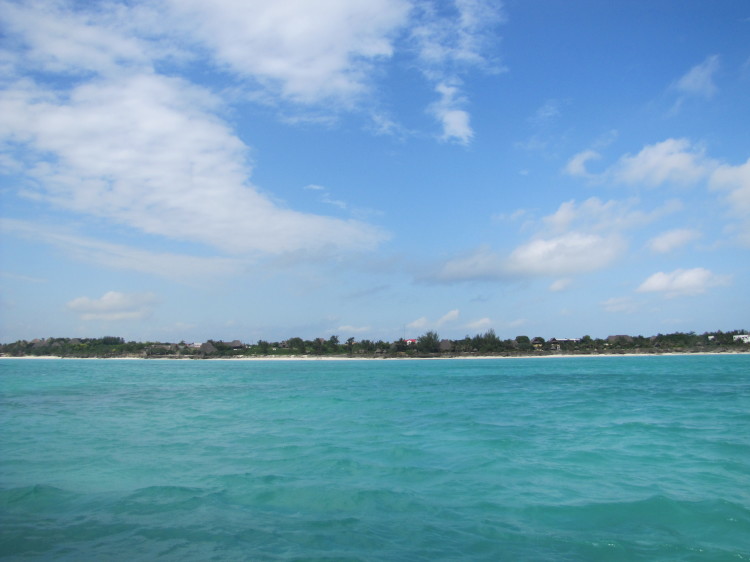For the last three days, our group has transitioned from the urban setting of Dar es Salaam to Zanzibar– the island counterpart of mainland Tanzania. In the 1960s when then Tanganyika gained independence from the U.K., the island of Zanzibar began experiencing some internal fighting and eventually joined with Tanganyika to become Tanzania (luckily for us, since no comprehension study of the country of Tanzania would be complete without a stop at its island counterpart, we are enjoying the spoils of this island in the Indian Ocean).
Zanzibar has a fascinating history as we have discovered through 2 detailed guided tours. It was a central hub for the slave trade for more than 400 years. Within the limits of its original city of Stone Town, it boasts an incredibly tolerant and diverse group of religious groups including Islam, Christian- Catholic and Protestant, and Hindu. Freddie Mercury of Queen was born here. The second US embassy on the continent of Africa was here. Native clove trees offer a delicious scent to guests of the island. The interesting facts go on and on and on.
Beyond fun factoids and a boring recitation of daily activities, I want to share one thought. Dr. Zhang of UNA told our group before we left, “we are all more similar than we are different.” The world is intrinsically interconnected and interdependent. Even on this tiny island on the east coast of Africa, we found a connection to us. Given its value as a port and access to inland Africa, much sailing was required. For years, sails were made from woven palms that would fail under the strenuous conditions of journeying from the Arabian peninsula or through the Strait of Hormuz. Along came the cotton gin, and with it, a better material for sails– cotton from the American southeast. A piece of America was literally woven into the survival of a country and its peoples. It’s just another piece of proof of what Dr. Zhang said– we are all interconnected and interdependent.


Discussion
No comments yet.